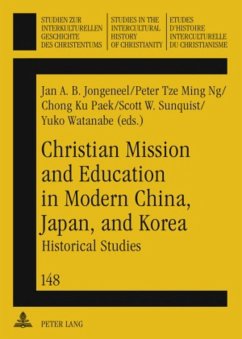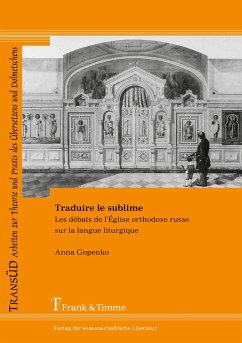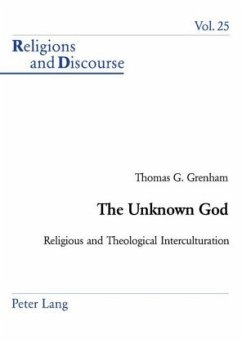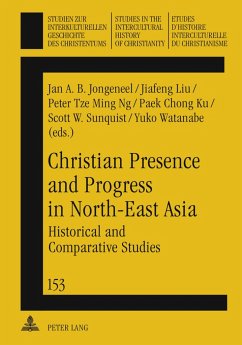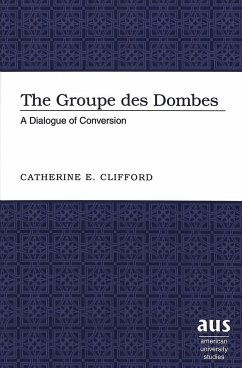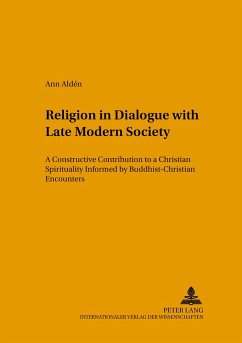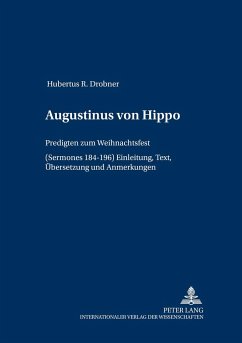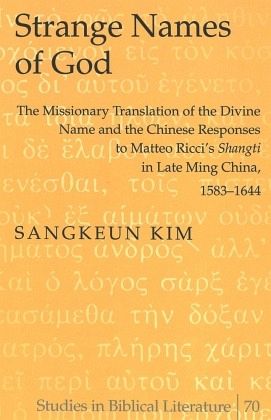
Strange Names of God
The Missionary Translation of the Divine Name and the Chinese Responses to Matteo Ricci's "Shangti" in Late Ming China, 1583-1644
Versandkostenfrei!
Versandfertig in 6-10 Tagen
102,85 €
inkl. MwSt.

PAYBACK Punkte
0 °P sammeln!
One of the most precarious and daunting tasks for sixteenth-century European missionaries in the cross-cultural mission frontiers was translating the name of «God» (Deus) into the local language. When the Italian Jesuit Matteo Ricci (1552-1610) introduced the Chinese term Shangti as the semantic equivalent of Deus, he made one of the most innovative cross-cultural missionary translations. Ricci's employment of Shangti was neither a simple rewording of a Chinese term nor the use of a loan-word, but was indeed a risk-taking «identification» of the Christian God with the Confucian Most-High, ...
One of the most precarious and daunting tasks for sixteenth-century European missionaries in the cross-cultural mission frontiers was translating the name of «God» (Deus) into the local language. When the Italian Jesuit Matteo Ricci (1552-1610) introduced the Chinese term Shangti as the semantic equivalent of Deus, he made one of the most innovative cross-cultural missionary translations. Ricci's employment of Shangti was neither a simple rewording of a Chinese term nor the use of a loan-word, but was indeed a risk-taking «identification» of the Christian God with the Confucian Most-High, Shangti. Strange Names of God investigates the historical progress of the semantic configuration of Shangti as the divine name of the Christian God in China by focusing on Chinese intellectuals' reaction to the strangely translated Chinese name of God.



